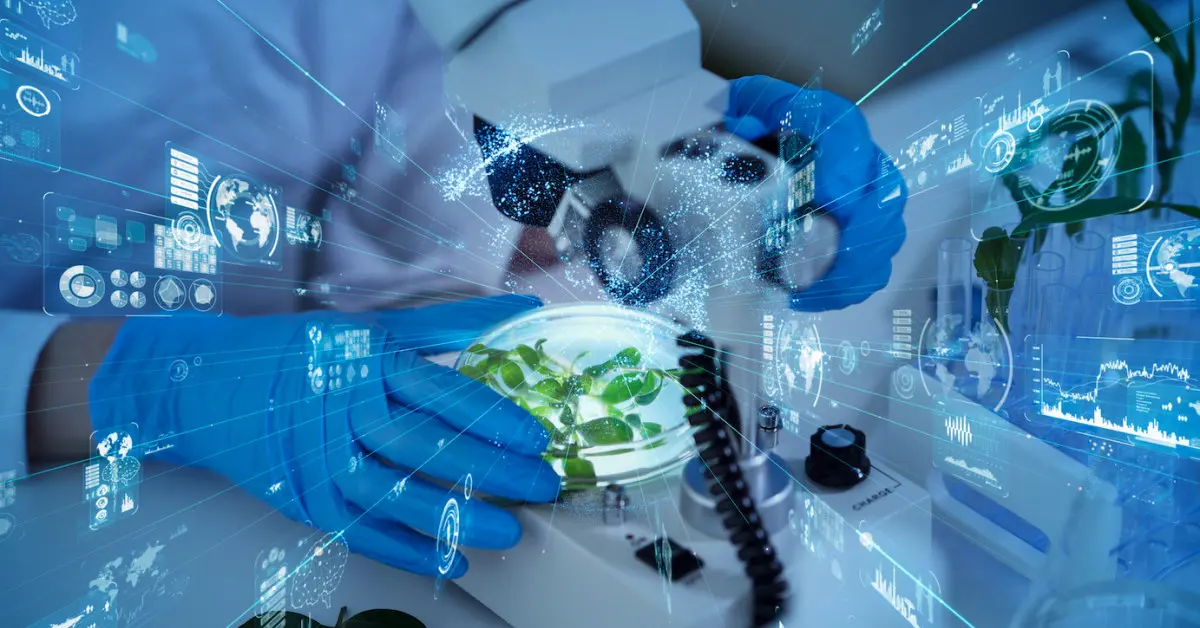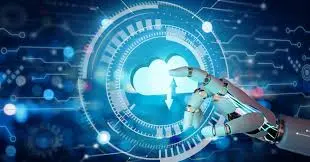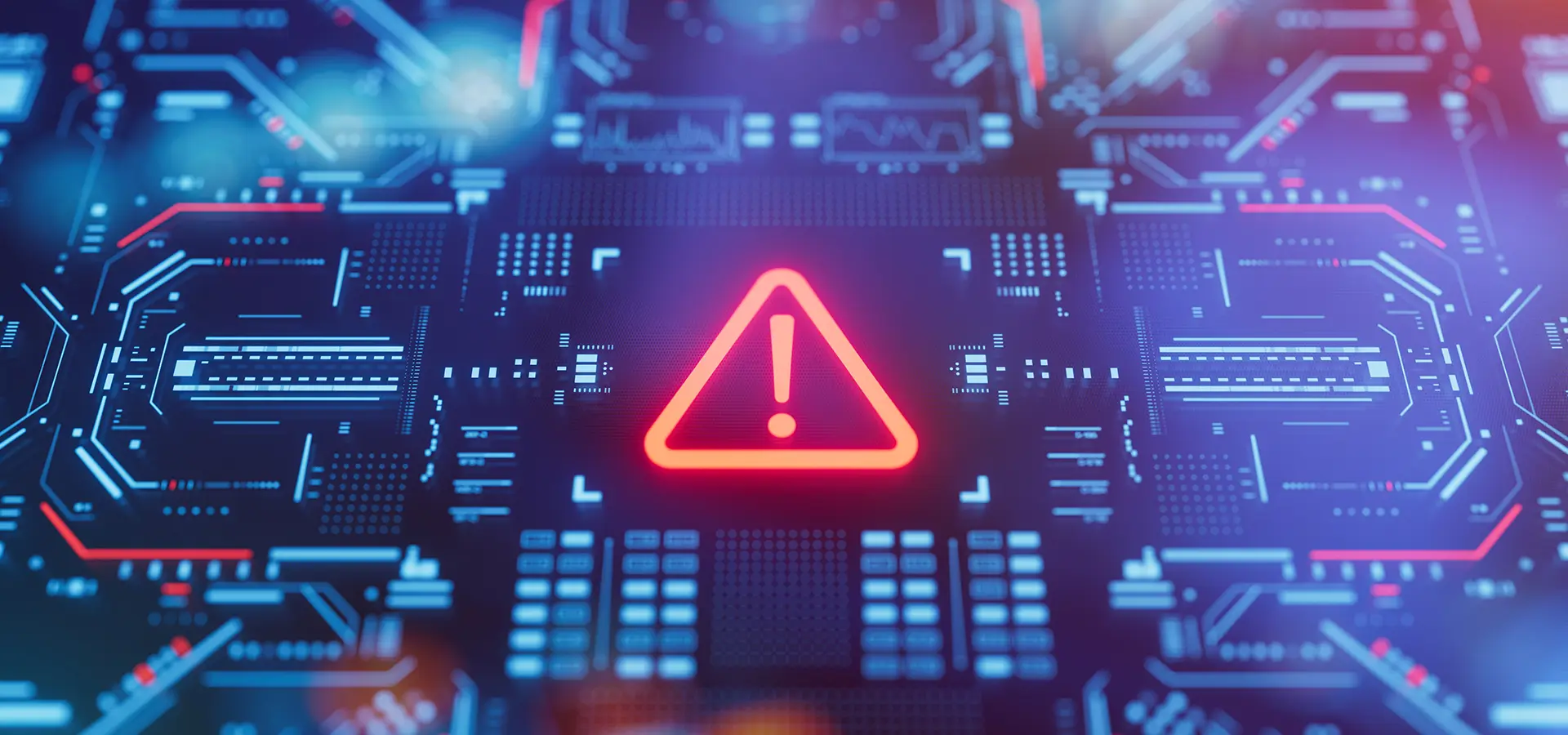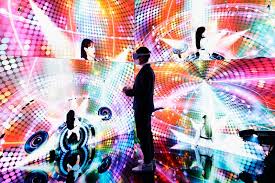
تساهم التكنولوجيا الحيوية المقترنة بتكنولوجيا المعلومات في إحداث تحول في مجال الطب. فالحواسيب والذكاء الاصطناعي يجعلان تسلسل الحمض النووي أسرع وأرخص، مما يتيح توفير علاجات مخصصة واكتشاف أدوية بشكل أسرع. تعمل هذه التكنولوجيا على تحسين الكشف عن الأمراض والوقاية منها والر
INTRODUCTION
Biotechnology uses living organisms — cells, bacteria, and DNA — to create products like medicines, vaccines, and enhanced crops.
Information Technology (IT) focuses on computers, software, and data, powering how information is stored and analyzed.
When these worlds combine, they form Bioinformatics — a science where data meets DNA.
This fusion is transforming how we understand diseases, develop cures, and design genetically improved crops.
DNA sequencing means decoding the precise order of the letters A, T, G, and C that make up the genetic blueprint of all living beings.
Then: Sequencing a human genome once took years and cost millions of dollars.
Now: With AI and high-performance computing, it takes only hours and costs under $100!
How it works:
Machine learning algorithms analyze billions of DNA fragments.
Cloud systems store and process the enormous data safely and efficiently.
Companies such as Illumina, Oxford Nanopore, and Roche lead the charge with new-generation sequencing machines blending biology and IT.
Note: One human genome contains over 3 billion DNA letters.
Processing this requires supercomputers, AI systems, and enormous storage capacity — the essence of Big Data in biology.
Information technology transforms biological data into actionable insight.
Here’s what IT systems help scientists achieve:
Identify mutations that cause diseases.
Use AI to predict gene-drug interactions.
Provide secure cloud storage for genetic information shared across research centers.
Example:
During the COVID-19 pandemic, computing systems helped scientists rapidly decode the virus’s genome, track mutations, and develop mRNA vaccines such as Pfizer and Moderna — all within record time.
Welcome to Precision Medicine — healthcare tailored to your unique DNA.
Two people might both have cancer, but their genetic mutations differ.
Using DNA sequencing and AI, doctors can now:
Detect the exact mutation causing the disease.
Choose the most effective drug for that mutation.
This approach enhances treatment success, minimizes side effects, and personalizes healing like never before.
The medicine of the future won’t be generic — it will be personal.
Traditionally, developing a new drug took 10–15 years.
Now, AI can analyze thousands of drug candidates in weeks.
Recent breakthroughs include:
Predicting how drugs bind to human proteins.
Companies like DeepMind (Google) and Roche creating new drugs for Alzheimer’s and cancer.
Using virtual simulations to test safety before human trials.
AI is accelerating discovery while saving years of research and millions in cost.
The merger of biotechnology and IT is reshaping science and humanity worldwide.
Global Benefits Include:
Early detection of diseases and genetic risks.
Gene editing (CRISPR) improving crops and food resilience.
DNA analysis enabling preventive healthcare.
International collaboration through real-time data sharing.
The result? Faster progress, smarter science, and a healthier planet.
Every revolution brings responsibility.
Key Challenges Ahead:
Protecting privacy of genetic data.
Managing the high costs of advanced sequencing systems.
Preventing unethical uses of genetic editing.
Innovation must evolve hand in hand with ethics.
The union of Biotechnology and Information Technology is redefining healthcare, genetics, and human potential.
Thanks to computing power, scientists can now decode and interpret life at an astonishing scale.
The future promises:
Personalized and precision-based treatments
Predictive disease prevention
Longer, healthier lives
Together, biology and technology are unlocking the code of life —
and shaping a smarter, healthier, and more compassionate world.


